
Book
People Skills
How to Assert Yourself, Listen to Others, and Resolve Conflicts
Touchstone,
1986
Mehr
From PEOPLE SKILLS: How to Assert Yourself, Listen to Others, and Resolve Conflicts by Robert Bolton, Ph.D. Copyright © 1979 by Simon & Schuster, Inc. Reprinted by permission of Touchstone, a Division of Simon & Schuster, Inc.
ISBN: 9780671622480
Pages: 300
ISBN: 9780671622480
Pages: 300
We currently cannot offer you an audio version of this summary.
Recommendation
Most people want to deal effectively with others, but they often find expressing their ideas and feelings difficult. Without realizing it, people introduce “communication barriers” when they talk with each other. Communications expert Robert Bolton offers concrete practices that break down barriers. He describes precisely and in great detail how you can improve your listening skills, work toward conflict resolution and be more assertive as you ease the path to helpful conversations at work and at home.
Summary
About the Author
Robert Bolton, PhD, is president of Ridge Consultants, which provides performance training in industry, health care, education and government.










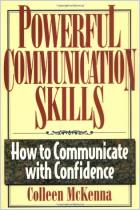
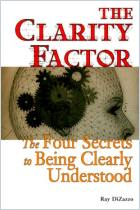
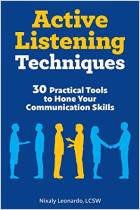
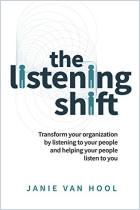
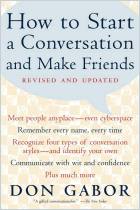







Comment on this summary